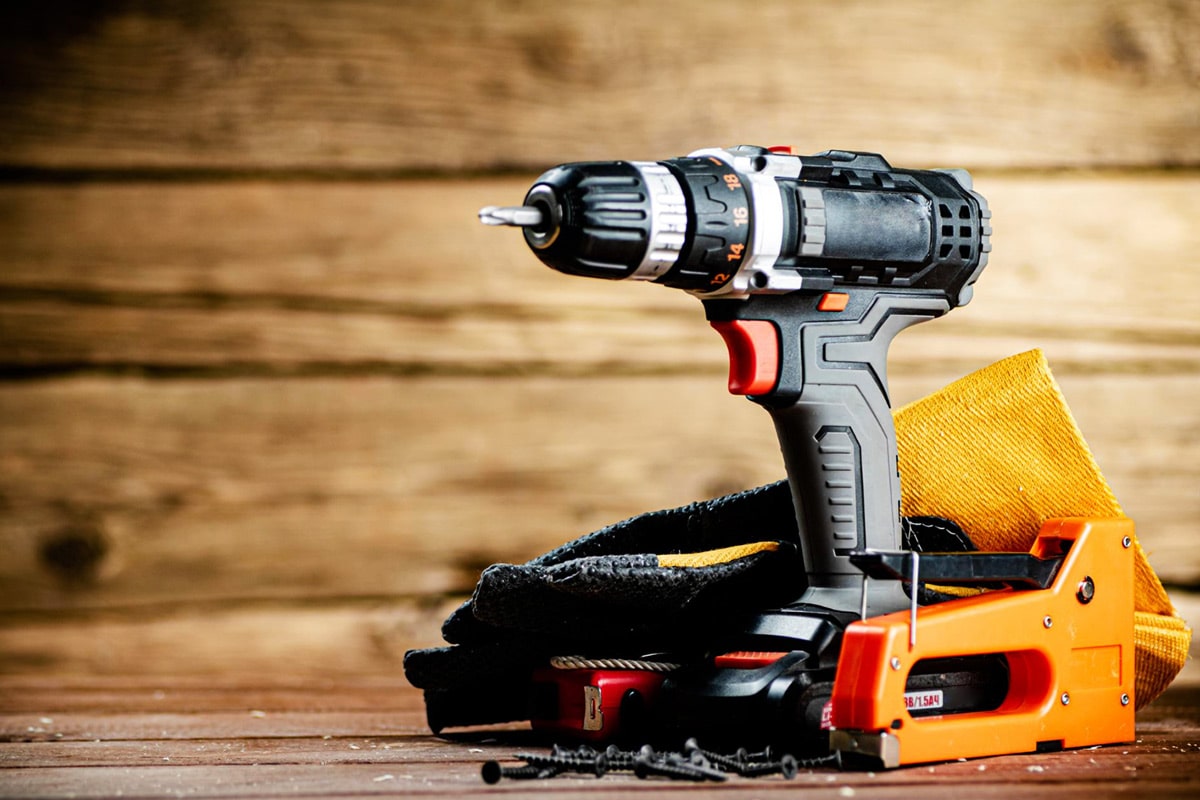
The industrial machinery market is a dynamic and complex landscape, driven by technological advancements, evolving industry demands, and economic factors. For businesses looking to invest in industrial machinery, navigating this market requires careful consideration and strategic planning. This article explores the key factors to keep in mind when selecting industrial machinery, ensuring that your investment is sound and aligns with your operational needs.
Navigating the industrial machinery market requires a strategic approach, balancing immediate operational needs with long-term goals. By thoroughly evaluating your requirements, exploring advanced technologies, considering total costs, and prioritizing compliance and safety, you can make informed decisions that enhance your operational efficiency and competitiveness. Building strong relationships with reputable suppliers and staying adaptable to technological advancements will further ensure that your investment in industrial machinery drives success and growth in your business.
Be the first to know! Subscribe for exclusive offers and updates.